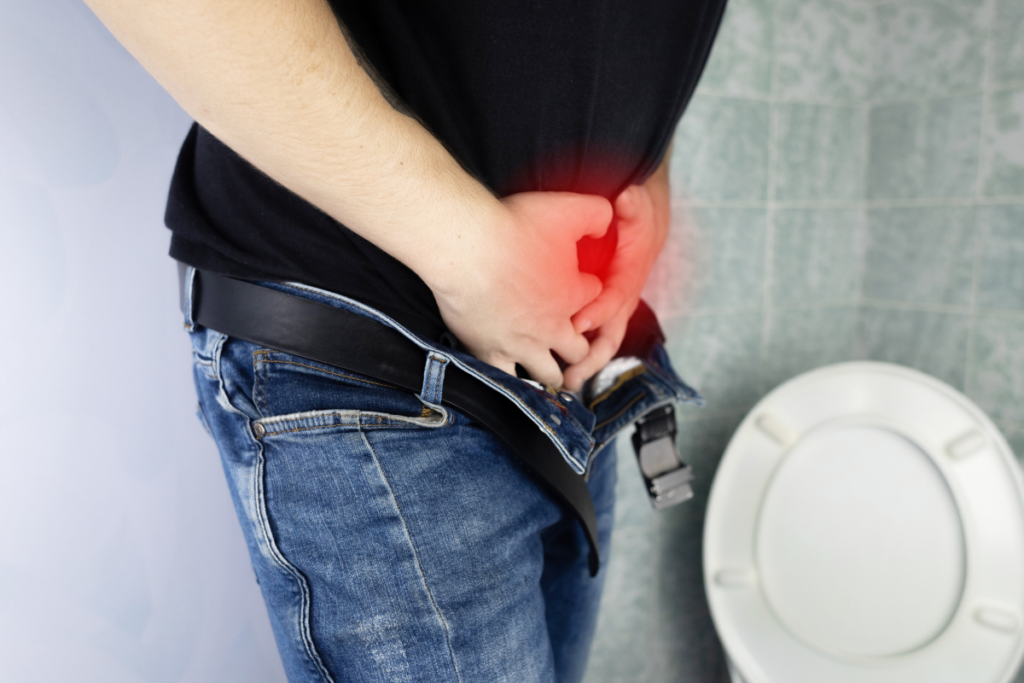Older men are frequently affected by a prevalent disease called benign prostatic hyperplasia (BPH), which is a non-cancerous swelling of the prostate gland. Weak urine flow, frequent urination, and difficulty urinating are among the urinary issues that can result from BPH. This article will discuss BPH’s causes, symptoms, and available treatments. It will also discuss lifestyle modifications that can help control the illness.
What is Benign Prostatic Hyperplasia (BPH)?
Prostate enlargement that presses on the urethra and blocks urine flow results in BPH. BPH is not malignant, but because it causes symptoms related to the urinary system, it can have a major impact on quality of life.
Causes and Risk Factors:
● Age: BPH is most common in men over the age of 50 and becomes more frequent with age.
● Hormonal Changes: Changes in hormone levels as men age are thought to contribute to prostate enlargement.
● Family History: Having BPH in your family may make you more prone to the illness.
● Lifestyle: Lack of exercise and obesity can contribute to the development of BPH.
Symptoms of BPH
Common symptoms of BPH include:
● Weak urine flow or difficulty starting urination.
● Frequent urination, especially at night (nocturia).
● Urgency to urinate and feeling of incomplete bladder emptying.
● Uncomfortable urination or, in extreme situations, blood in the urine.
Diagnosis and Treatment
BPH is diagnosed through:
● Physical exam and digital rectal exam (DRE) to check for prostate enlargement.
● Urinary flow tests and blood tests to assess kidney function.
● Ultrasound to visualise the prostate and rule out other conditions.
Treatment options include:
● Medications: Alpha-blockers to relax the prostate muscles and 5-alpha reductase inhibitors to shrink the prostate.
● Surgical procedures include laser therapy for severe instances or transurethral resection of the prostate (TURP).
● Lifestyle Changes: Dietary modifications, exercise, and avoiding caffeine and alcohol to reduce symptoms.
FAQs
Is BPH cancerous?
How is BPH treated?
What lifestyle changes can help manage BPH?
Disclaimer
This information is for educational purposes and should not replace professional medical advice. Always consult your healthcare provider for personalised recommendations.
How HealthPil Can Help
HealthPil connects you with urologists who specialise in prostate health. Schedule a consultation to manage BPH effectively and improve your quality of life.

